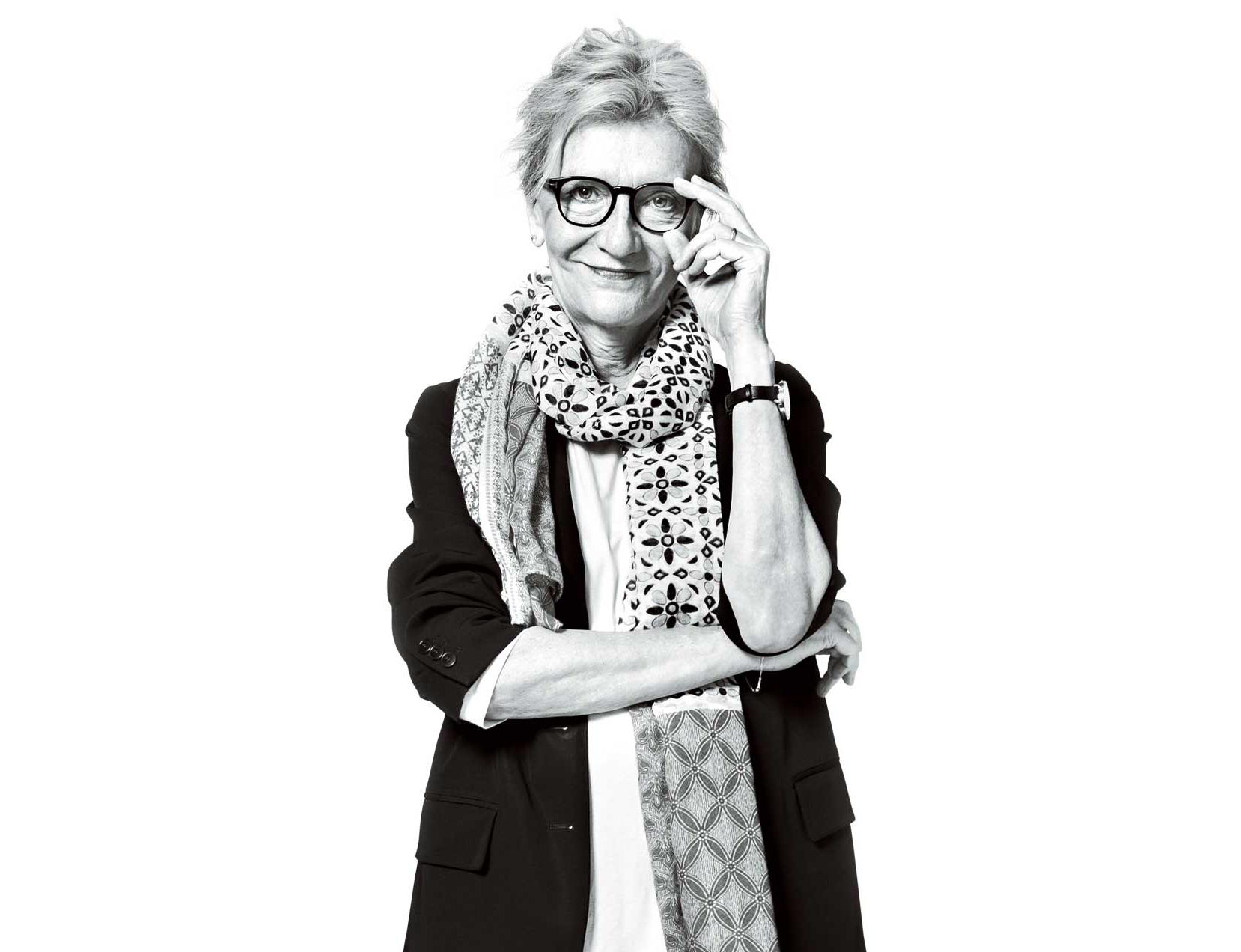
This book features some characters from your last one, My Name Is Lucy Barton. When did you decide to continue their stories?
I actually wrote them in tandem. So I would be writing pieces of Lucy and her mother, and then I would think, Oh, Mississippi Mary [a character in both books]. So I would literally move over to a different part of the table and write out some scenes for Mississippi Mary. It was back and forth for a while.
Almost every story in this book deals with the concept of shame. Why?
That’s interesting, because I was not aware of that concept as I was writing it. I think I write about it because it is such a basic human emotion. Everyone — almost everyone — feels shame on some level at various points in their lives.
In many of the families in this book, a parent has a favorite child. Do you think that’s usually true in life?
I think that parents do have favorites, even though they don’t think so. Children are people, they’re just as different from each other as anybody else. So the parent who aligns themself, sees something of themself, whatever, it doesn’t mean that they have a favorite child, it just means that they have a particular relationship with that person.
This is not your first book about PTSD. How did you become interested in that topic?
For years I taught at Manhattan Community College, and one semester they asked me to teach a children’s literature class. One book I chose was Fallen Angels, about the Vietnam War. I did all this research, and my heart started to go out to the people who had been suckered into fighting this war. Certain people can go to war and can come home and they can manage it. But I’m interested in those who can’t.
Your characters range widely in their devotion to religion. How has your relationship to religion changed over your lifetime?
We get into problems with the words, like religious, spiritual, all those words mean so many different things to different people. But I’ve always been curious about the concept of God. Having written about the minister in Abide With Me, I wrote a lot of it out [of my system]. But I guess I’ve come to a point where I can only say that I think that there’s much more than meets the eye.
Have you ever felt like your work was received differently as a woman?
I can’t give you a specific situation, but it’s certainly there. I’m perfectly aware that because I am a woman writing about white people, that it’s a problem. But it’s not a problem I dwell on, because there’s absolutely nothing I can do about it.
The concerns of Middle America have been a big topic since the election. Is that the demographic you depict?
I write about class. Every single book has class running through it very strongly. I’m interested in ordinary people and what their inner lives are like. Since I was a young child, I have been aware that inside every person is a universe, and that we’ll never know what it feels like to be another person. Which is horrifying.
You wanted to act when you were young. Why did you change your mind?
I always wanted to be a writer, and then in college I was interested in acting. It’s not dissimilar. It’s always wanting to know what it feels like to put myself into somebody else’s skin. But with acting I realized you don’t have the control.
Would you ever write a memoir?
No. All my different life experiences–and there have been many–will either find their way into a piece of fiction or not.
More Must-Reads from TIME
- Introducing the 2024 TIME100 Next
- The Reinvention of J.D. Vance
- How to Survive Election Season Without Losing Your Mind
- Welcome to the Golden Age of Scams
- Did the Pandemic Break Our Brains?
- The Many Lives of Jack Antonoff
- 33 True Crime Documentaries That Shaped the Genre
- Why Gut Health Issues Are More Common in Women
Contact us at letters@time.com